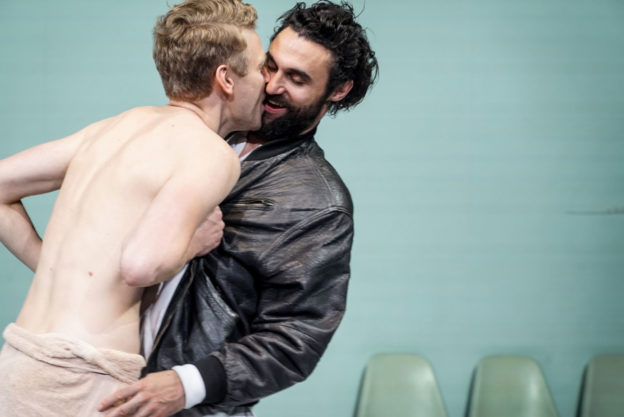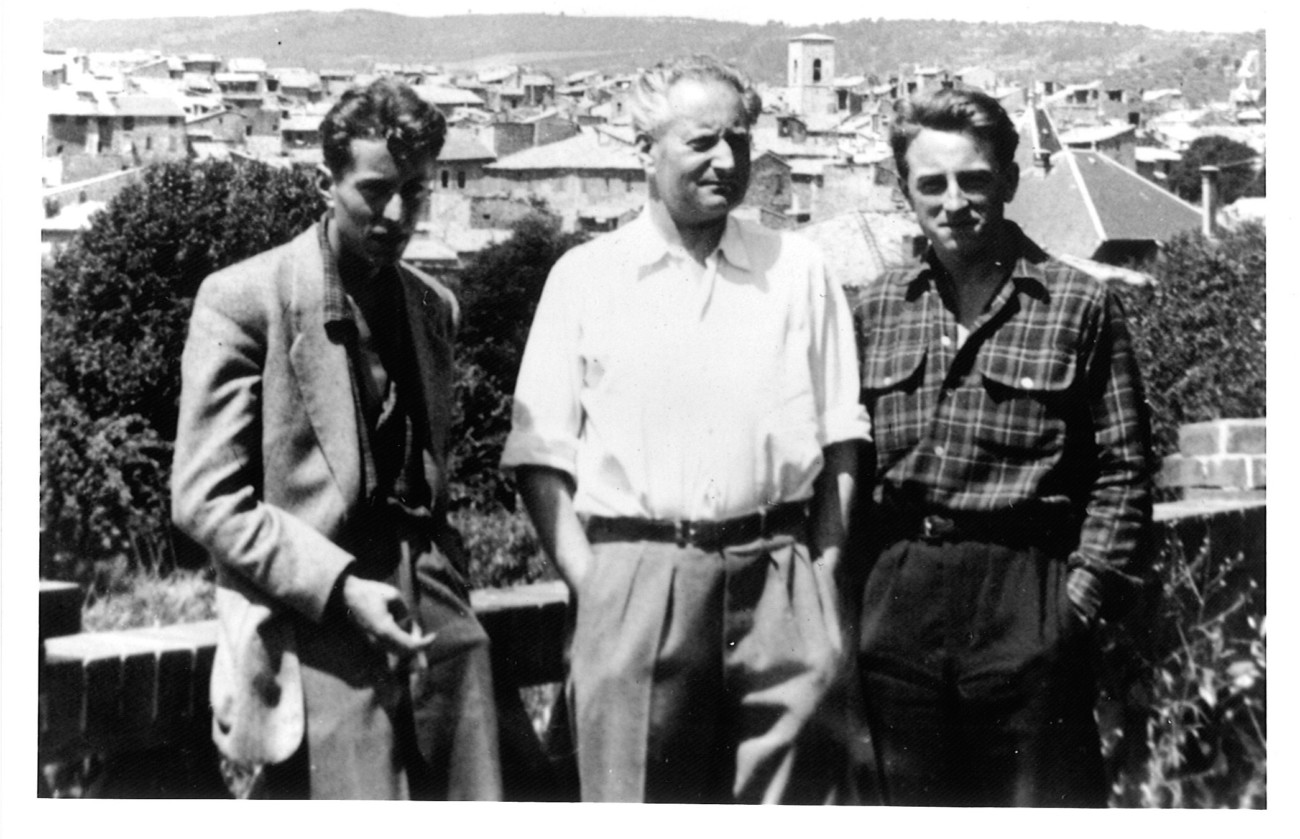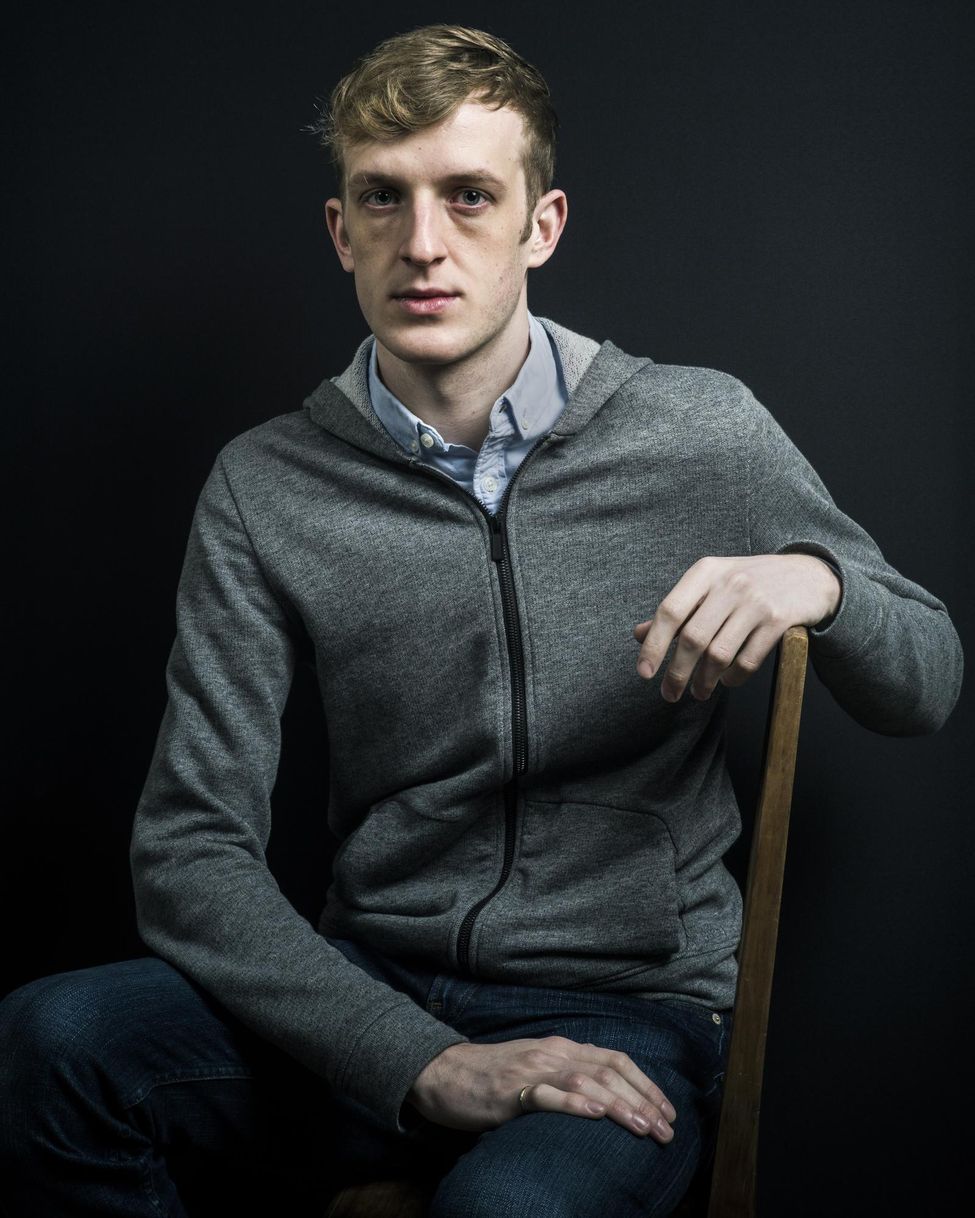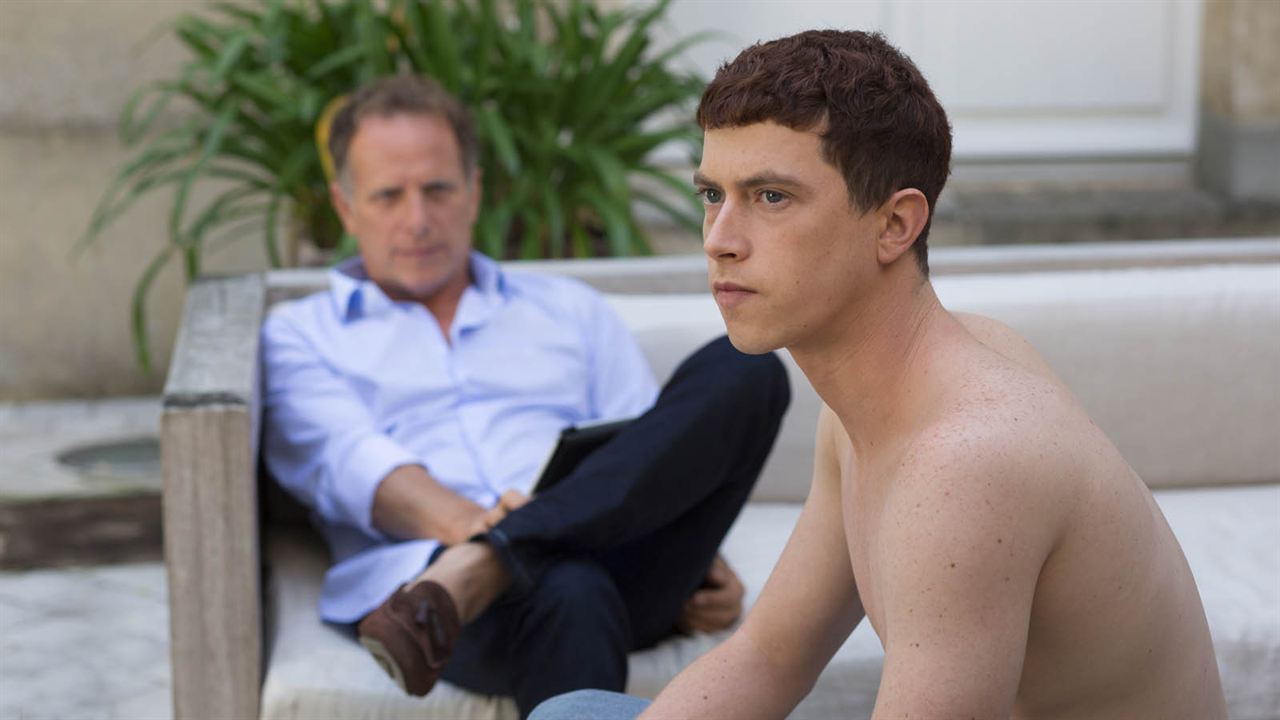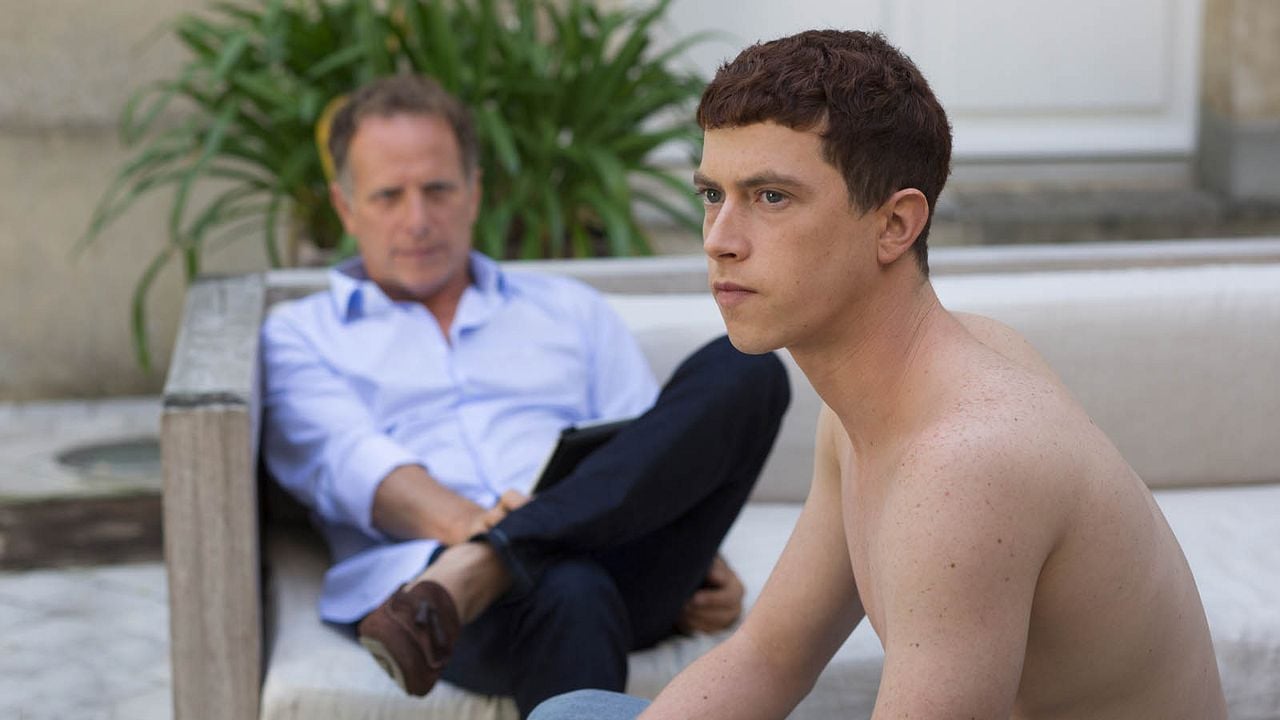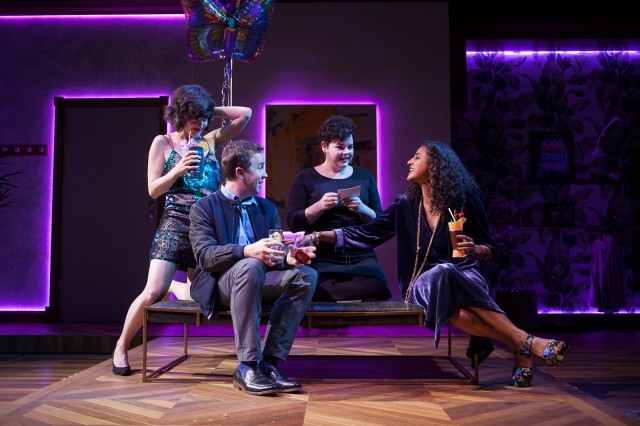
“Shame is an important and beautiful tool… The problem for me is that so many writers write without shame.” – Édouard Louis*
Playwright Joshua Harmon – a comic obsessive well versed in mortification – is the moody love child of Mart Crowley and Edward Albee, and if Bad Jews (at the Geffen Playhouse three summers ago) is Harmon’s Virginia Woolf, then SIGNIFICANT OTHER is his empathetic, mixed-gender Boys in the Band.
“He’s writing about himself,” a theatergoer next to me said after the SIGNIFICANT OTHER curtain call this weekend. Indeed, with his new play, Harmon takes a scalpel to Jordan – the author’s stand-in – and his circle of friends with granular precision. The brilliantly staged and performed production at the Geffen plays for three more weeks.
Jordan is unhappily single, slightly schlumpy, and morbidly fearful of ending up alone. (Will Von Vogt is a much better fit for the role than his Broadway predecessor Gideon Glick, who is trim and would have no trouble attracting suitors.) Transfixed by the physical beauty of a new co-worker, Will (John Garet Stoker), Jordan holds forth on this and other matters with his three best friends: Kiki (Keilly McQuail, a Rhonda Lieberman monologue come to life), Vanessa (a slightly less snarky book editor played by Vella Lovell), and sensible, grounded Laura (Melanie Field).
One by one Jordan’s chosen family abandons him as each of the women finds a partner and plans a wedding, and Jordan is consigned to the role of “Constant Reader,” the unattached gay man who reads a poem or literary passage at the ceremony. Things reach a second-act breaking point during a party leading up to Laura’s marriage. Jordan, in an eviscerating monologue, can’t fathom how his formerly edgy crew would debase themselves in pursuit of all the capitalistic pleasures (like out-of-town wedding parties) he actually longs to share with a love of his own, if only he could find him.
Jordan’s (and Harmon’s) attack on bourgeois excess speaks to the psychosis of the modern marketplace and its endless treadmill of desire and dissatisfaction. The closet door of Crowley and Albee’s time has been blown off its frame, but the generation that followed – looking, longing, drowning in a sea of “freedom” – has yet to find its way.
SIGNIFICANT OTHER, through May 6.
GEFFEN PLAYHOUSE, 10886 Le Conte Avenue, Westwood, Los Angeles.
geffenplayhouse.org/significant-other
*Édouard Louis and Zadie Smith in conversation: documentjournal.com/edouard-louis-zadie-smith
Above: Will Von Vogt and Melanie Field in Significant Other, Geffen Playhouse, April 2018.
Bottom: Keilly McQuail, Von Vogt, Field, and Vella Lovell.
Photographs by Chris Whitaker.









